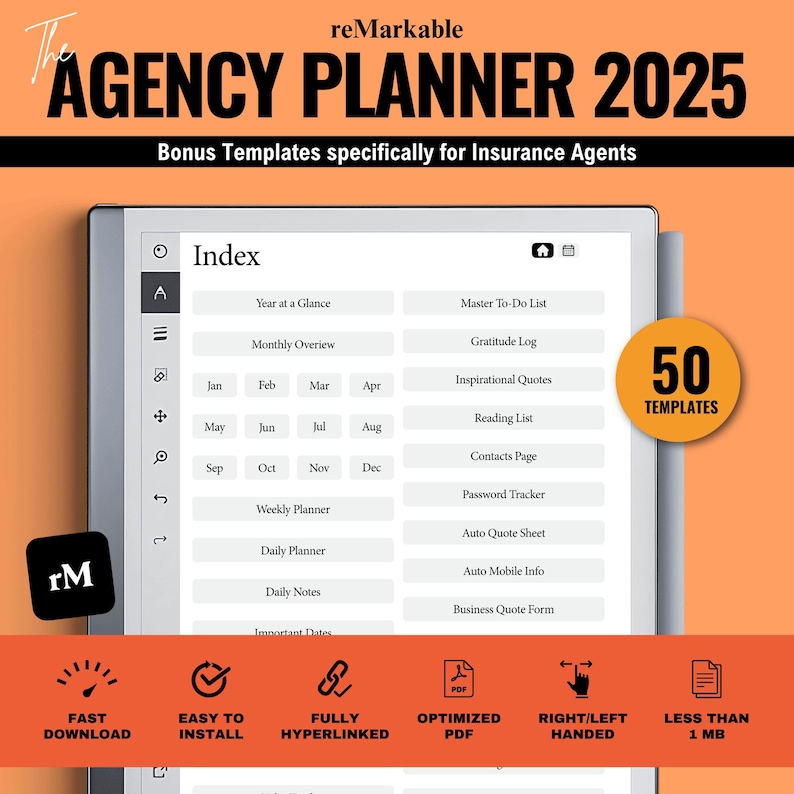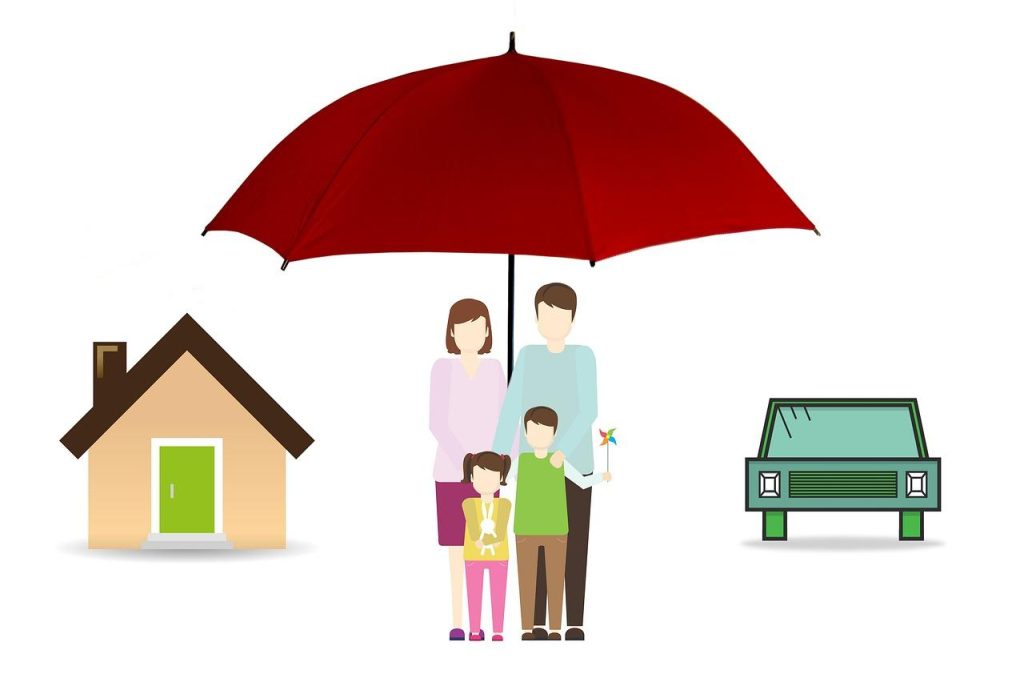When it comes to caring for a loved one at home, peace of mind is everything. Home health care offers comfort, familiarity, and personalized attention—but unexpected emergencies can quickly turn a smooth routine into a stressful situation. That’s why having the right insurance coverage is essential to protect both your family and your care plan. In this post, we’ll walk you through practical tips on how to safeguard your home health care setup with smart insurance choices, so you can focus on what really matters: the health and happiness of those you love. Let’s dive in!
Table of Contents
- Understanding the Importance of Home Health Care Insurance
- Choosing the Right Coverage for Your Unique Needs
- How to Prepare for Common Home Health Care Emergencies
- Tips for Filing Claims Smoothly When Emergencies Happen
- To Wrap It Up
Understanding the Importance of Home Health Care Insurance
When it comes to managing health care within the comfort of your home, having the right insurance coverage is more than just a precaution—it’s a vital safeguard. Home health care services often involve a variety of treatments, medical equipment, and professional visits that can accumulate costs quickly. Without proper insurance, these expenses can become overwhelming, affecting your ability to receive continuous and high-quality care. Ensuring your insurance plan adequately covers home health care means you’re better prepared for unexpected changes, whether it’s a sudden illness flare-up or a new care requirement after a hospital stay.
Key reasons to prioritize insurance for home health care include:
- Financial Protection: Reduces out-of-pocket expenses for medications, therapies, and medical equipment.
- Peace of Mind: Helps families focus on recovery and care rather than worrying about unpredictable bills.
- Access to Quality Services: Insurance can broaden your options for reputable care providers and specialized services.
- Emergency Preparedness: Ensures quick response and support during urgent health situations, preventing delays in treatment.
Choosing the Right Coverage for Your Unique Needs
When it comes to safeguarding your home health care services, one size definitely does not fit all. Your coverage needs will vary based on factors such as the type of care provided, the nature of medical equipment used, and the level of mobility assistance required. It’s essential to evaluate your day-to-day care routines and identify potential risks that could lead to unexpected expenses. For example, if you rely heavily on specialized medical devices at home, equipment protection should be a top priority. Likewise, if care involves multiple caregivers or frequent medical visits, coverage that addresses liability and emergency response can save you from extra financial stress.
To make an informed decision, consider these key elements while comparing policies:
- Personal liability protection for accidental injuries during in-home care
- Equipment and supplies coverage ensuring repairs or replacements without hefty out-of-pocket costs
- Emergency medical response services tailored to your specific health conditions
- Flexible benefit options that allow adjustments as your care needs evolve
Remember, working closely with an insurance advisor familiar with home health care scenarios can help tailor a plan that truly fits your lifestyle and peace of mind.
How to Prepare for Common Home Health Care Emergencies
Preparing for unexpected situations in home health care means having a clear plan that everyone involved understands. Start by identifying the most common emergencies, such as medical equipment failure, sudden illness, or accidents like falls. Make sure your insurance policy covers these scenarios, and keep important documents easily accessible. Equip your home with necessary emergency supplies like first aid kits, backup batteries for devices, and medication lists. Don’t forget to educate all caregivers and family members on emergency protocols to guarantee quick and confident responses during critical moments.
Effective preparation also involves practical steps such as:
- Regularly reviewing and updating health care insurance coverage to ensure it matches current needs.
- Establishing emergency contacts and communication plans that include medical providers, family, and insurance agents.
- Scheduling routine maintenance and checks on medical devices to reduce the risk of unexpected failures.
- Training caregivers in basic first aid and CPR to provide immediate assistance.
- Keeping detailed health records and medication lists up to date for swift access during emergencies.
When these practices are combined with adequate insurance coverage, you create a safety net that protects both your loved ones and your peace of mind.
Tips for Filing Claims Smoothly When Emergencies Happen
When the unexpected strikes, staying organized is your greatest ally. Keep a dedicated folder—either physical or digital—with all your insurance documents, including policy numbers, contact information, and coverage details. Having quick access to these prevents delays and confusion during stressful moments. Also, snap photos or videos of any damages immediately to create a clear record before repairs begin, which will help support your claim thoroughly.
Communication is key. Reach out to your insurance provider as soon as possible and keep detailed notes of every interaction, including dates, names of representatives, and what was discussed. If you encounter any difficulties or misunderstandings, don’t hesitate to escalate the matter politely by asking for supervisors or utilizing customer service channels. Remember, being proactive and patient in these situations often speeds up the process and ensures your home health care needs continue uninterrupted.
To Wrap It Up
Protecting your home health care setup doesn’t have to feel overwhelming. With the right insurance coverage and a little preparation, you can have peace of mind knowing that emergencies won’t catch you off guard. Remember, it’s all about understanding your options, asking the right questions, and choosing a plan that fits your unique needs. Here’s to keeping your home health care safe, secure, and ready to support you when it matters most. Stay informed, stay protected, and take care!







